
Isn’t it Ionic? And other questions about minerals
What’s a macromineral? Do you need mineral supplements if you eat a healthy, wholefood diet? Find the answers to these and other questions.
Why do we need minerals?
Although they are essential nutrients needed every day, our bodies cannot produce minerals. They must come from food we eat or fluids we drink to support hundreds of biological processes.
We lose about two or three cups of body fluid per day just by living and breathing, sweating, urination and other bodily functions.
If our output is greater than our input, and we’re not taking in enough minerals or absorbing them properly, our bodies must take this mineral content from our cells, tissues, organs and eventually our bones.
This will eventually cause a mineral deficiency and health will be compromised.

On a more positive note, if we can correct a mineral or other nutritional deficiency, common health problems can often be reversed, and we can lead healthier lives.
Frequently asked questions
Here are some questions we’re often asked about minerals, including why we need them, and how to incorporate them into your daily routine.
Isn’t it ionic?
Skybright ionic liquid minerals are naturally sourced, and the minerals are ionically charged and are in precisely the same proportion as healthy human fluids. They are in perfect electrical balance with one another, and it is the same formulation that we’d find if drinking water from a pristine mountain spring, which is packed full of natural minerals and elements.
The unstable ionic state allows the mineral to bond with water, enabling it to be absorbed by the body and supply it with nutrients.
Will they sink to the bottom?
They are ionic and colloidal, which means they are continually suspended in water, so they won’t sink to the bottom of the glass.
What are macrominerals and microminerals?
The macrominerals are calcium, phosphorus (phosphates), magnesium, sulphur, sodium, chloride and potassium. The body requires 100mg or more of these each day. The trace elements (microminerals or trace minerals), are required in much smaller amounts of about 15 milligrams per day or less, and include chromium, iodine, iron, molybdenum, selenium and zinc.

I eat a healthy, wholefood diet. Don’t I get enough minerals from my food?
Laboratory tests prove that the fruits, the vegetables, the grains, the eggs, and even the milk and the meats of today are not what they were a few generations ago.
This is due the declining quality of our soils in which our food is grown.
For decades, intensive farming has focused on production rather than nutrition. Minerals have been brought to the top of the soil, then washed away, leaving the soil depleted of natural minerals. Synthetic fertilisers are often used, containing macrominerals but few of the microminerals required for human health.
Minerals are constantly being depleted from the soil. If the minerals are not in the soils in the first place, they will not be present in the plants and therefore in the food we eat.
Therefore we need to replace, replenish and remineralise.
I take a multi-vitamin, is that enough?
Citric acid is added to our iron liquid mineral to enhance absorption, but there are no flavours, sweWe need to build a foundation of all minerals, not just the key vitamins and macrominerals such as calcium and magnesium.

Which minerals are we lacking here in New Zealand?
Iodine, selenium and zinc are known to be lacking in New Zealand soils. We know that our soils are low in magnesium.
Magnesium deficiency affects up to two-thirds of all adults in the USA, and up to 90% of the elderly aren’t getting their Recommended Dietary Intake (RDI) of magnesium.
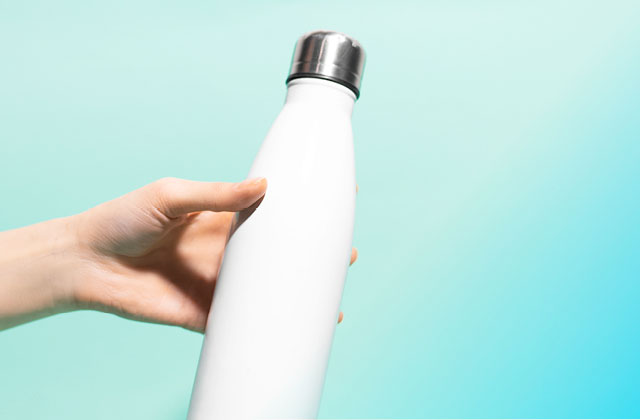
Are there any other ingredients or additives at all?
Citric acid is added to our iron liquid mineral to enhance absorption, but there are no flavours, sweeteners, preservatives, or additives used in any of our minerals.
Purified water is added, to make an ionic liquid supplement that is 100% bioavailable.

What do they taste like?
They are highly concentrated, with a strong taste that’s not always pleasant. But you only need 1 or 2ml a day, diluted in a glass of water or juice. With iodine, it’s as little as two drops a day.
Diluting the drops into a large glass of water or adding to your water bottle and sipping throughout the day can negate this strong taste and make them even palatable – without making them any less efficient in the body.
Which mineral should I take?
We recommend a multi-mineral concentrate, which is high in magnesium but contains more than 70 minerals and trace elements that your body needs each day. Taken regularly, you can notice increased energy levels, improved immune system and digestive function, decreased brain fog, and better sleep.
Our busy lives place huge demands on our stores of vitamins and minerals.
The harder we push ourselves, the more we need. In times of stress, our body uses more vitamin B, vitamin C and magnesium and zinc in particular. Most of us can benefit from more of these nutrients in our diet.
Can I take them together?
Yes, you can take multiple liquid minerals at the same time in the same glass, there are no interactions. It is recommended to take Iodine and Selenium together as Selenium helps with the absorption of Iodine. We of course have Concentrated Mineral Drops the ultimate multi-mineral supplement, which has more than 70 minerals and elements that are taken together.
Do they contain heavy metals?
Our mineral supplements are free of synthetically produced compounds or deadly heavy metals. The raw ingredients for all minerals come from our suppliers with a CoA (Certificate of Analysis) and are tested for purity and heavy metals.
Our minerals are compliant with European Pharmacopoeia (Ph Eur), United States Pharmacopoeia (USP) and Food Chemicals Codex (FCC). Each batch is fully tested and verified to comply with these standards. As such we can confirm that heavy metals meet the requirements of the test.
As with all other ingredients, packaging, and raw materials, these are checked by our QA team.
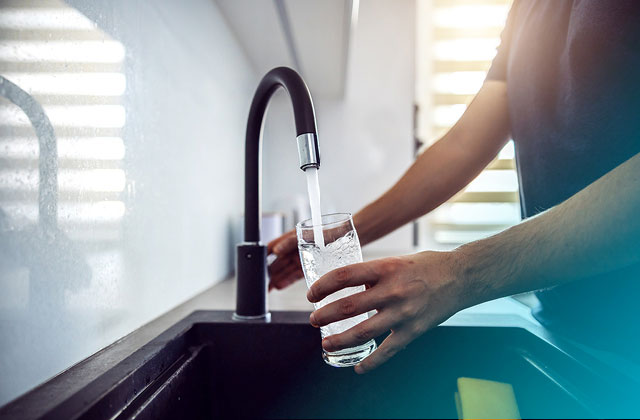
The minerals are then manufactured in a GMP facility using a proprietary process that transforms pure mineral crystals into a fully hydrated 100% bioavailable liquid ionic supplement. They are not tested after manufacture, but retention samples are taken.
Can I take more than one, such as zinc and magnesium, at once?
Yes, you can take both together at once in a glass of water.
In fact, certain minerals are best taken together, such as iodine and selenium, as selenium enhances the absorption of iodine within your body.
Taking a multi-mineral supplement, which contains macrominerals such as magnesium and sodium, as well as microminerals and trace elements such as zinc and selenium, can be the best way to stay in balance and prevent mineral deficiencies.
Do I keep them in the fridge or the cupboard?
There is no need to keep them in the fridge, as they contain no bacterial growth, and do not lose potency over time. Minor crystallisation may occur, but this doesn’t affect the safety or efficacy of the product.
Keep them in a cool, dry placed like a kitchen cupboard. The amber glass bottle will help protect them from sunlight too.
Can I add them to my food?
With most minerals, adding them to your water bottle in the morning and sipping it throughout the day is the best way to enhance absorption and maintain a good mineral balance.
You can add them to water, or juices, teas, smoothies and even foods such as porridge or risottos. This can help disguise the taste and enable you to make them part of your daily routine.

Can I apply them topically?
Many minerals can be applied topically. Magnesium can assist with muscle soreness and zinc is well-known for wound healing for example.
We recommend taking them internally to take advantage of the bioavailability and absorption into the bloodstream, that can supply the nutrients to all parts of the body. For example, magnesium is responsible for more than 300 enzyme reactions, and plays crucial roles in the health of our heart, muscles and brain.
What time of day should I take them?
With most minerals, adding them to your water bottle in the morning and sipping it throughout the day is the best way to enhance absorption and maintain a good mineral balance.
Or you could take them at mealtimes, breakfast, lunch, and dinner. Think of them as one of your food groups, like raw fruits and vegetables, nuts, seeds, grains, and protein.
Having a good mineral balance and optimal gut health can help you absorb more vitamins and other nutrients from your food.
Ideally, we should be getting it from our water as well, although the water we drink is often filtered, which keeps the nasties out, but also the important trace elements.
Taking magnesium at night can often alleviate leg cramps and can lead to a more restful sleep. When talking iron supplements, leave a two-hour gap after coffee as this can affect absorption. (See below.)
What do I need to know absorption and bioavailability?
Absorption is key to maximising the benefits of mineral-rich foods and taking supplements. Your body mostly absorbs minerals in the small intestines.
As food passes through, minerals are absorbed into the bloodstream through the walls of the intestines.
This transfer can only occur if the minerals are ionically charged. Therefore, an ionic liquid mineral supplement is the best way to ensure absorption throughout the body.
Can caffeine decrease iron absorption?
When you eat foods that are high in iron or take an iron supplement, avoid taking it with coffee, tea, eggs, dairy, and soybean products, as these can reduce the amount of iron that is absorbed into your system.
It’s best to leave a two-hour gap after coffee, to ensure maximum absorption.
How much elemental zinc is there in Skybright Zinc Liquid Mineral?
Our zinc contains 15mg zinc sulphate per 2ml. Zinc sulphate contains 23% elemental zinc, so 3.45mg of our 15mg is elemental zinc.
Is it Potassium Iodide, or is it like Lugol’s?
Our iodine contains potassium iodide only, along with purified water.
Have another question for us?
If you have any further questions regarding the use of minerals or queries relating to a specific product, we’d be happy to help. Send us an email, phone us on 0800 200 707 or message us on Instagram, Facebook or Twitter.
-
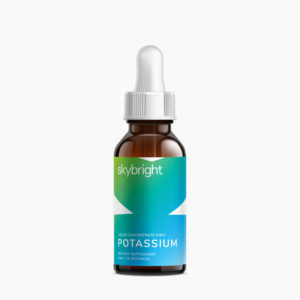 Potassium Liquid Mineral$27.90
Potassium Liquid Mineral$27.90 -
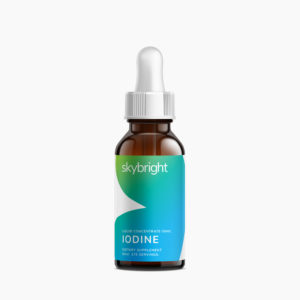 Iodine Liquid Mineral$27.90
Iodine Liquid Mineral$27.90 -
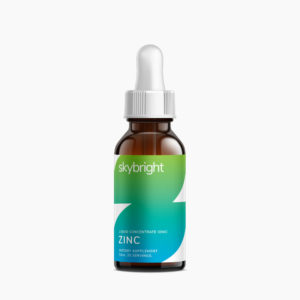 Zinc Liquid Mineral$27.90
Zinc Liquid Mineral$27.90 -
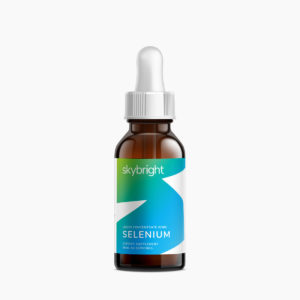 Selenium Liquid Mineral$27.90
Selenium Liquid Mineral$27.90 -
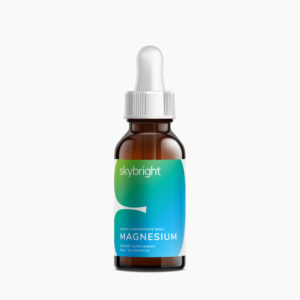 Magnesium Liquid Mineral$27.90
Magnesium Liquid Mineral$27.90 -
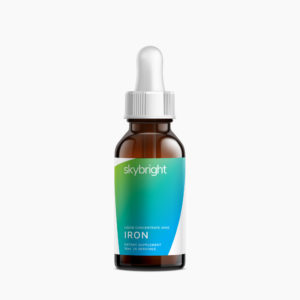 Iron Liquid Mineral$27.90
Iron Liquid Mineral$27.90
Disclaimer
The information in this article is not intended as a medical prescription for any disease or illness. Nothing stated here should be considered medical advice. Use as directed. If symptoms persist, consult your healthcare professional.

